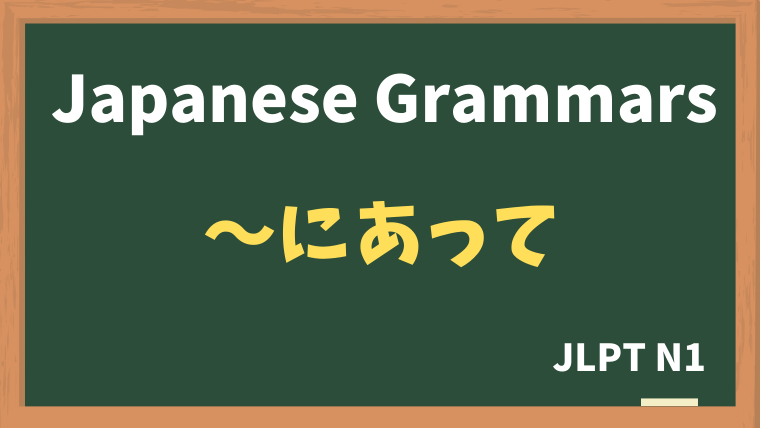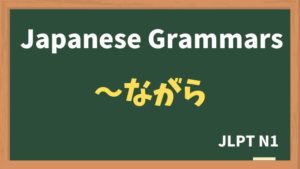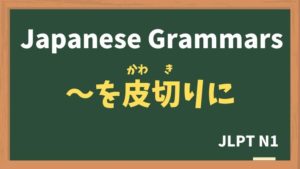
Explanation:〜にあって
fa-check-circleMeaning
"〜において / 〜で / 〜という特別な状況だから”
Used to describe a particular situation or condition, emphasizing that something happens or is possible specifically under those circumstances. It can be translated as "in" or "during" in English, and it is typically used in formal contexts. The phrase highlights the specific conditions in which the described event or action takes place, making it clear that these circumstances play a crucial role in shaping the outcome.
fa-check-circleForm
N + にあって
fa-check-circlePoints
- Specific Situation or Condition: "〜にあって" is used to emphasize that the described action or event occurs in a particular context or under certain conditions.
- Formal Expression: This phrase is often found in formal writing or speech, such as news articles, academic discussions, or official documents.
- Conditional Nuance: It can imply that something happens precisely because of the stated circumstances, or despite them.
fa-check-circleJLPT Level
N1
fa-check-circleNote
とても
Sample sentenes
大きな会社じゃなくてもいいので、不況下にあっても、成長し続けられる会社に就職したい。
Even if it's not a large company, I want to work for a company that can continue to grow despite the economic downturn.
困難な状況にあっても、希望を捨ててはいけない。
Even in difficult circumstances, you must not give up hope.
現代社会にあって、ストレスを感じずに生活をするのは不可能なことだ。
In modern society, living without feeling stress is an impossible thing.
国際化社会にあって、大切なことは何だと思いますか。
In a globalized society, what do you think is important?
父は会社の社長だが、家庭にあっては、普通の父親だ。
Although my father is the president of a company, at home, he is an ordinary father.
海外にあって、仕事を探すことは簡単なことではない。
Abroad, finding a job is not an easy thing.
Vocabulary
| Japanese |
English | |
| 状況 | じょうきょう | circumstance |
| 希望 | きぼう | hope |
| 現代社会 | げんだいしゃかい | modern society |






